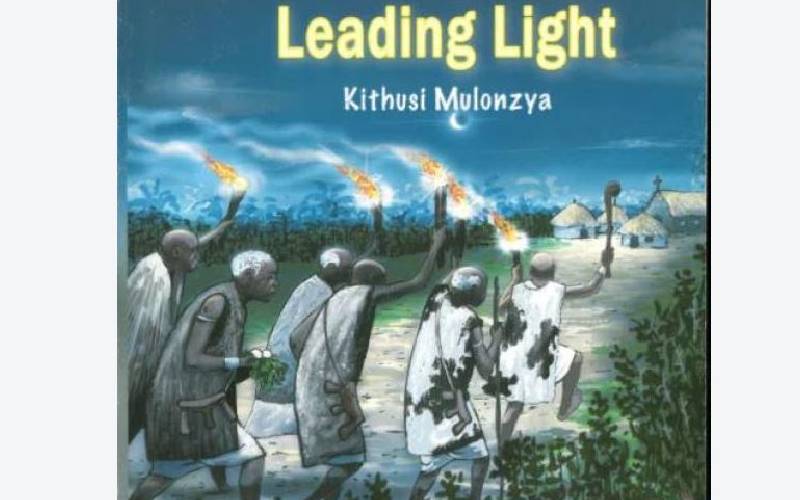×
The Standard e-Paper
Join Thousands Daily

I have read many stories, not only as a student and teacher of literature, but also as a literary editor and enthusiast. I have also sat in fora in which works of literature have been discussed and one thing has always stood out: it does not matter where you come from; or your literary background or abilities, but if you can remember, and passionately so, the characters, scenes, and even specific lines from a work you read many years ago, then you know you read a great book.